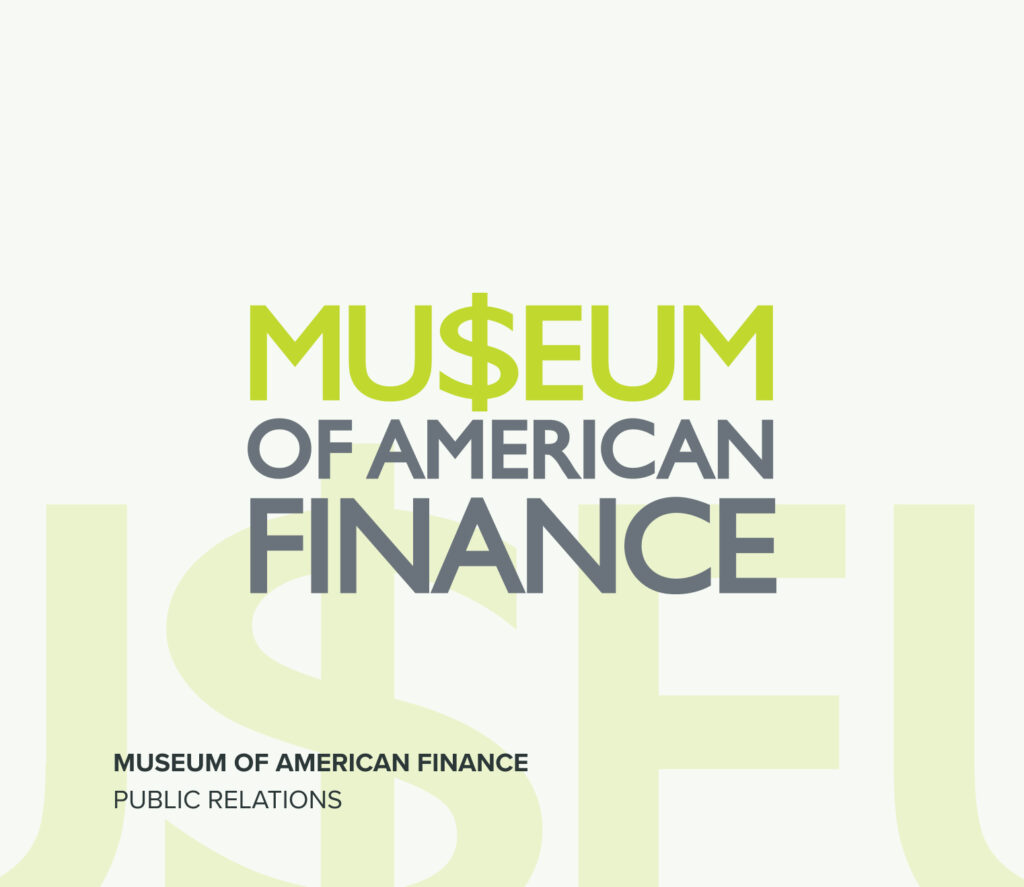Buffett’s Farewell: Reflecting on His Simple Words and Succession Surprise at Berkshire
Warren Buffett’s announcement that he will retire at 95 closes a remarkable chapter in American business history. Personally, it was a sad day in our house this week when we heard the news. We are big Buffett fans; we even have a handwritten note from Warren answering a question we wrote him about, asking why a chapter was removed after the 1962 edition of Ben Graham’s book, Security Analysis (Ben Graham was Buffett’s mentor; Warren did not know why the chapter was omitted, but wrote a thoughtful reply about how “the distinction of ‘growth vs. value’ investing has never made sense to me.”)
Although we knew the time would come eventually, it didn’t stop the news from sending shockwaves through Wall Street and beyond. While everyone’s now watching Greg Abel to see how he’ll fill those enormous shoes, it’s worth pausing to reflect on how Buffett’s one-of-a-kind communication style became Berkshire Hathaway’s secret sauce.
For decades, Buffett and his longtime partner Charlie Munger cultivated a communication philosophy rooted in simplicity and directness. They shunned the typical investor relations playbook of most public companies by famously having no investor relations department at all. This reflected Buffett’s genuine belief that shareholders should be treated as business partners and that straight talk works better than spin.
Buffett’s philosophy came through loud and clear in his legendary Berkshire Hathaway shareholder letters and the company’s massive annual meeting. The letters read more like thoughtful essays than corporate updates, packed with sharp insights, memorable anecdotes, and a surprising amount of humor. The annual meeting, nicknamed “Woodstock for Capitalists,” draws thousands to Omaha yearly not for planned presentations, but for candid, unscripted Q&A sessions where Buffett and Munger shared their insights and straightforward financial philosophy.
That said, Buffett’s succession planning did not follow a conventional communications process. While Abel has been the heir apparent for some time, the communication around this transition has been characteristically unconventional. Buffett mentioned having a successor in 2012; however, that person (Abel) didn’t know it. Similarly, his retirement announcement surprised both Abel and most board members (only Buffett’s two children, who are on the board, received advance notice).
This unusual approach to succession runs contrary to most corporate governance best practices. Succession planning typically falls to boards, not CEOs. Yet replacing someone like Buffett, whose personality and philosophy are inextricably intertwined with the company’s identity, presents a challenge with few precedents in business history.
There will only be one Warren Buffett. However, despite his unique approach, some communications lessons can be gleaned:
- Be clear and transparent at every turn – nothing beats ‘real’ communication. When in doubt, simplify your message and make it more straightforward.
- Find your voice – everyone has unique experience, vocabulary, and communications style. Ask others what they appreciate most in your communications and lean into what works best for you.
- People lead brands – no matter how strong your brand is, reporters, investors, clients, and employees want to hear from the people behind it. Leaders must be willing to step forward and represent their companies to gain attention.
Buffett leaves behind a true legacy. He built something special at Berkshire—a corporate culture defined by integrity, long-term thinking, and genuine respect for shareholders. His communication style, plainspoken directness, and Midwestern charm created and reinforced this culture. As Abel takes the reins, his greatest challenge may be finding his voice while preserving Berkshire’s core values in an ever-changing business world. It is a formidable task, but learning from the Oracle himself probably gives Able the best chance of success.


